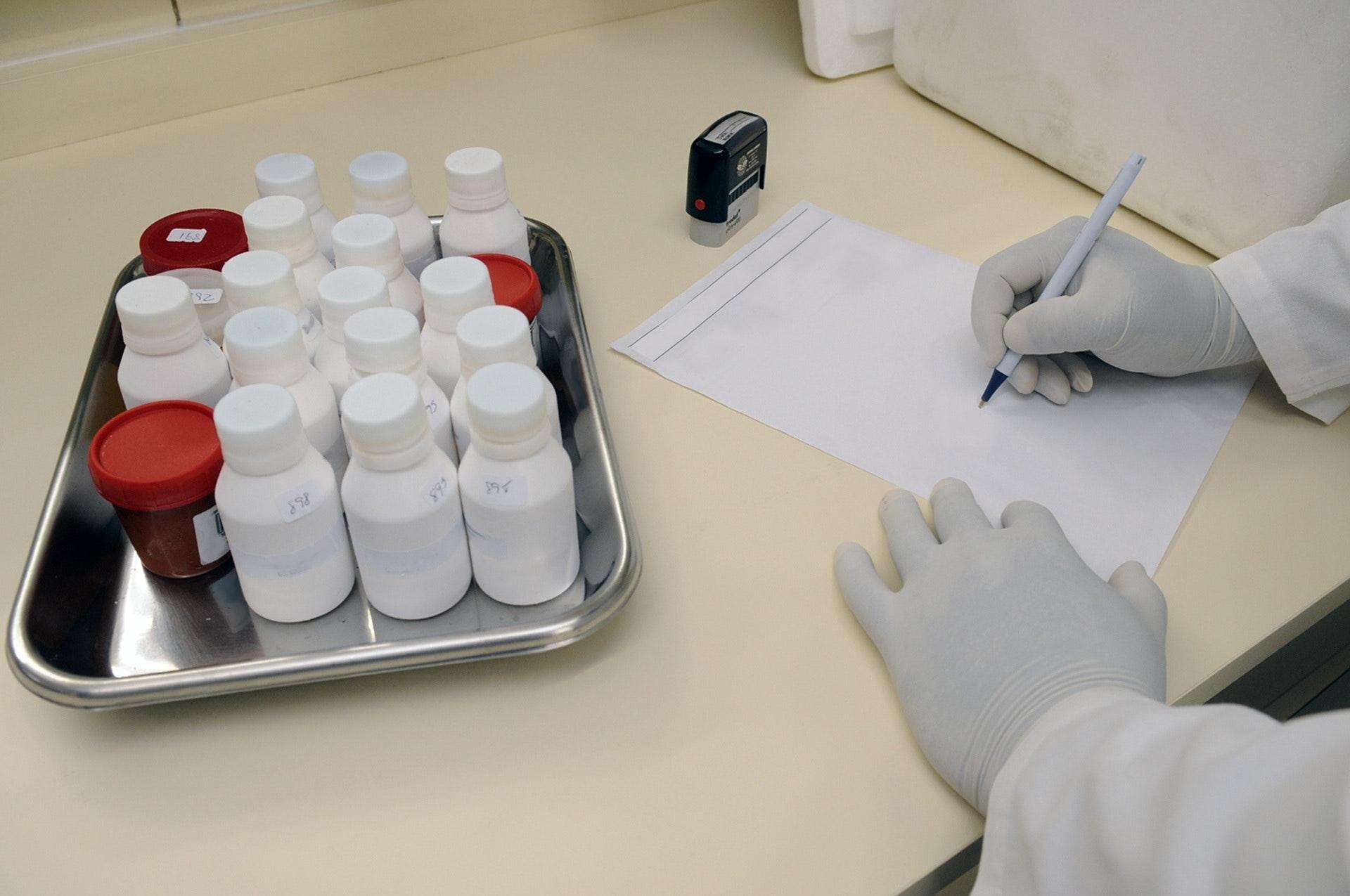
Pharmaceutical Waste Management: The Final Pharmaceutical Rule
We explore the final management standards for hazardous waste pharmaceuticals as outlined by the EPA's 2019 final pharmaceutical rule.Byline: BTB Editor
August 15, 2024 / Time to read: 5 minOn February 22, 2019, the
The improper disposal of pharmaceuticals can lead to contamination of waterways, soil and ecosystems, posing risks to human health and wildlife. Recognizing the need for more stringent regulations to address this issue, the Environmental Protection Agency (EPA) took steps to establish comprehensive standards for the management of hazardous waste pharmaceuticals.
The Resource Conservation and Recovery Act (RCRA) now applies to pharmaceuticals.
The 2019 pharmaceutical rule confirms that RCRA applies when healthcare facilities send unused, unsaleable pharmaceuticals to reverse distributors and receive manufacturer credit. It also allows organizations to lower their total hazardous waste production. And by meeting minimal requirements for recordkeeping and spill response, facilities can streamline the disposal process without the need for a hazardous waste manifest.
Nicotine cessation products are no longer hazardous waste.
Before the rule, nicotine replacement products — such as gums, patches and lozenges — were considered hazardous waste, making them harder to dispose of properly. The 2019 rule now lists these products under the P075 category, introducing exemptions for FDA-approved over-the-counter nicotine replacement therapies.
This declassification reduces the regulatory burden on generators, enabling retailers to achieve Small Quantity Generator (SQG) status and realize significant cost savings without compromising environmental protection.
Disposing of empty containers is easier.
Additionally, the new rule clarifies regulations regarding the disposal of size-restricted containers with hazardous waste residues, providing criteria for determining when containers are considered RCRA-empty. This designation simplifies disposal procedures and reduces compliance complexities for healthcare facilities and retailers.
All sewering of hazardous waste pharmaceuticals is prohibited.
Finally, the EPA has implemented strict prohibitions on the disposal of hazardous waste pharmaceuticals via sewer systems, extending to all facilities, including Very Small Quantity Generators (VSQGs). This prohibition aims to prevent the entry of hazardous pharmaceutical waste into drinking water sources, safeguarding human health and aquatic ecosystems.
How Republic Services Can Help
As of the July 22, 2019 effective date for these EPA hazardous waste regulations, facilities must ensure compliance. Republic Services stands ready to assist organizations in navigating the complexities of
